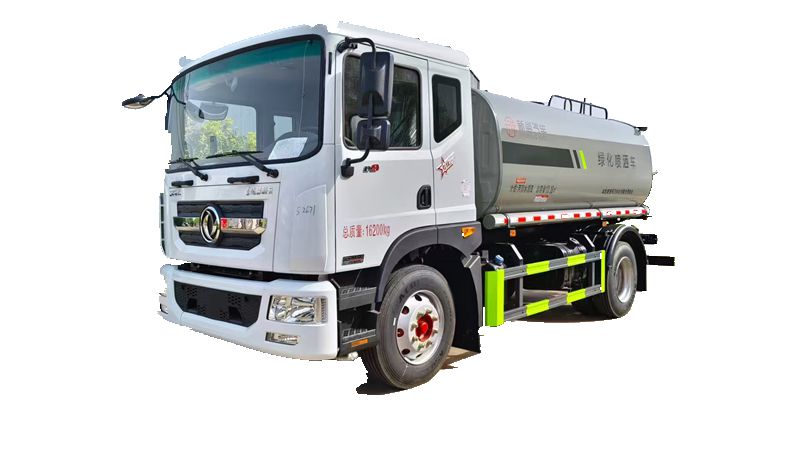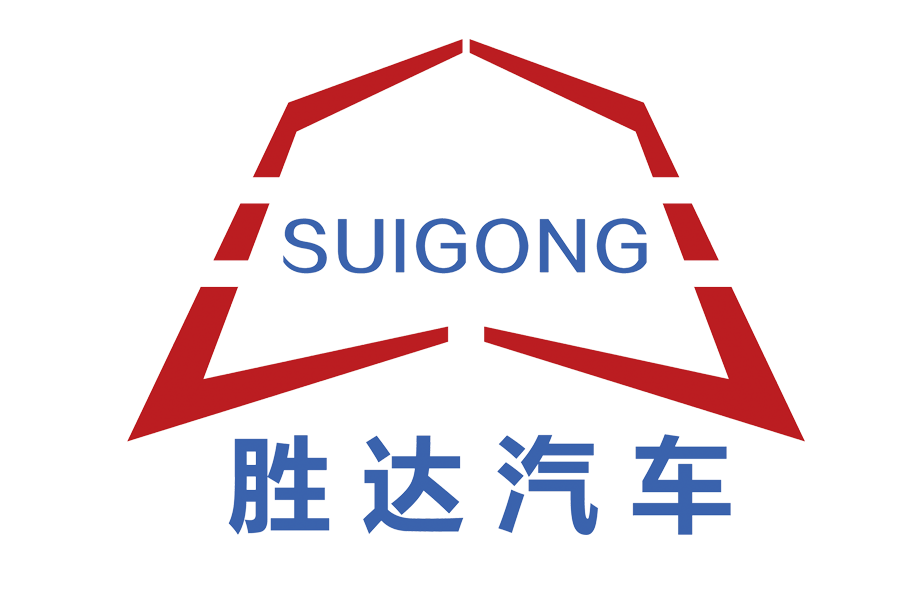Combatting Greenery Pests and Diseases
Sprinkler trucks are being adapted to help protect urban greenery from pests and diseases in eco-friendly ways. In Melbourne, Australia, some sprinkler trucks are equipped to apply organic pest repellents derived from neem oil and garlic to public trees and shrubs. This targeted approach reduces the need for harsh chemical pesticides, protecting beneficial insects while keeping greenery healthy. Arborists report a 28% decrease in pest infestations in treated areas.
In Singapore, where humidity can lead to fungal diseases in plants, sprinkler trucks use specialized nozzles that deliver water directly to plant roots rather than wetting leaves. This method reduces moisture on foliage, lowering the risk of fungal growth while still providing essential hydration. The technique has proven particularly effective in maintaining the city’s iconic street trees.

Innovations in Water Source Diversification
To reduce reliance on potable water, cities are finding creative sources to supply their sprinkler trucks. In London, UK, sprinkler trucks are increasingly using water from rainwater harvesting systems installed in public buildings. The collected rainwater is stored in tanks and used for watering parks and gardens, reducing the demand on the city’s drinking water supply by an estimated 1.2 million liters annually.
In Barcelona, Spain, treated wastewater from sewage plants is used to fuel sprinkler trucks for non-food green spaces. The water undergoes rigorous purification processes to ensure it is safe for plants, providing a sustainable alternative to freshwater. This initiative has saved over 2 million liters of drinking water in its first year.
Building Community Connections Through Maintenance
Sprinkler truck operators are becoming familiar faces in neighborhoods, fostering connections between residents and municipal services. In Cape Town, South Africa, operators participate in “Meet Your Sprinkler Team” events, where residents can ask questions, report dry patches, and share feedback on green space maintenance. This interaction has increased resident satisfaction with urban greening efforts by 35%.
In Mumbai, India, sprinkler truck routes are planned to coincide with community events like morning markets and outdoor yoga sessions. This not only ensures green spaces are in top condition during these gatherings but also allows operators to engage with residents directly, building trust and understanding.
Overcoming Challenges in Underserved Areas
While many communities benefit from sprinkler services, underserved neighborhoods often lack consistent access. In Nairobi, Kenya, urban slums struggle with dry, dusty conditions due to limited sprinkler coverage. Local nonprofits are working with the city to secure funding for additional trucks and train residents as community sprinkler operators, ensuring more equitable access to green space maintenance.
In rural parts of Brazil, where paved roads are scarce, standard sprinkler trucks struggle to reach remote communities. To address this, the government has introduced smaller, more agile sprinkler vehicles that can navigate rough terrain, bringing water to community gardens and small farms.
As sprinkler trucks take on these community-focused roles, they are proving that their value extends far beyond simple watering. By nurturing green spaces, educating residents, and fostering connections, these vehicles are helping create more sustainable, vibrant, and inclusive communities where nature and urban life thrive together.

